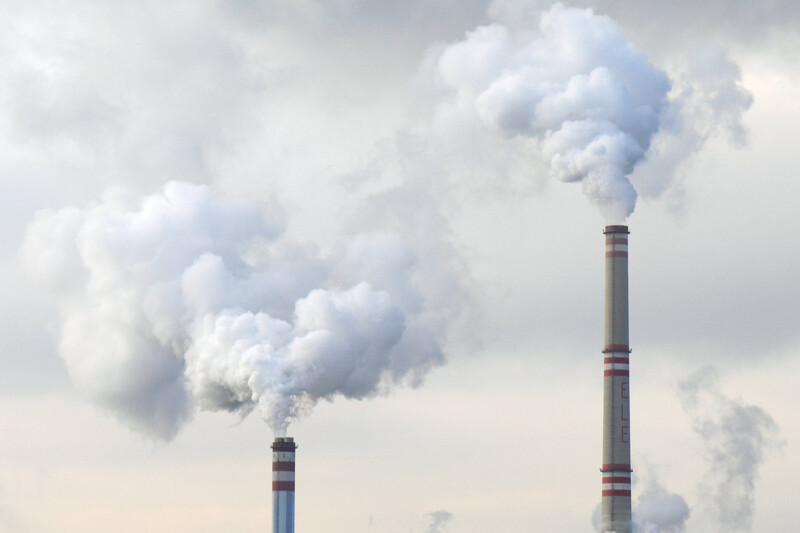Finance Watch alerte sur l’exposition des 60 plus grandes banques mondiales aux énergies fossiles. Ces investissements représentent une menace pour la planète et mettent en danger la stabilité financière.
1,5 % du total des actifs des établissements
Les grandes banques sont-elles trop exposées aux actifs fossiles ? Dans une étude publiée le 4 octobre 2022, l’ONG Finance Watch les chiffre à 1350 milliards de dollars, soit près de 1,5 % des actifs de ces établissements.
🇫🇷Communiqué de presse: Une nouvelle étude montre que les 60 plus grandes banques du monde sont exposées à des « actifs fossiles » d’une valeur de 1 350 milliards de dollars
— Finance Watch (@forfinancewatch) October 4, 2022
Plus d'infos 👇https://t.co/uz6AgMdYBX pic.twitter.com/L00bNfSnJf
Concernant les banques françaises, l’exposition à des risques liés aux actifs fossiles représente environ 142 milliards de dollars. Selon le rapport, ces actifs correspondent à 1,31 % des actifs totaux de ces groupes bancaires. À titre de comparaison, la moyenne européenne s’établit à 1,05 %.
Une comptabilisation des actifs délicate
Malgré les chiffres alarmants, la comptabilisation des actifs liés aux énergies fossiles reste délicate. En 2021, plusieurs organisations avaient chiffré l’exposition des 11 plus grands organismes bancaires européens à 532 milliards d’euros, un niveau bien supérieur aux 239,3 milliards de dollars attribués par Finance Watch aux plus grandes banques européennes. Un écart qui s’expliquerait par une différence de portée et de définition des activités en lien avec les combustibles fossiles. En effet, l’ONG souligne que le rapport 2021 avait un périmètre beaucoup plus large et n’incluait pas les transports ni les services. Dans son étude récente, cette dernière ne cible que les activités en amont et les centrales électriques.
Les banques et ONG s’opposent régulièrement sur le terrain du climat. Alors que les premières mettent en avant leurs avancées, les organisations environnementales dénoncent la poursuite du financement des énergies fossiles.
De son côté, l’Agence internationale de l’énergie affirme qu’aucun nouveau projet pétrolier et gazier ne doit voir le jour dans l’hypothèse où le seuil de +1,5°C serait atteint d’ici à 2100. En mai 2022, un rapport choc de l’Organisation météorologique mondiale, organisme de l’ONU, avait confirmé la tendance au réchauffement climatique en indiquant qu’il existe 50 % de risques pour que ce scénario se confirme. Or, ce risque était estimé à 0 dans un rapport de 2015.
De nouvelles mesures nécessaires
L’association bruxelloise estime que « ces actifs risquent de perdre considérablement de leur valeur lors de la transition vers la neutralité carbone ».
Finance Watch souligne la nécessité pour les instances de réglementation internationales de prendre de nouvelles mesures concernant les exigences de fonds propres. Pour l’ONG, il est indispensable de renforcer la législation sur les actifs liés aux énergies fossiles en appliquant « une pondération de risque de 150 % ».
Cela implique pour les banques « des fonds propres supplémentaires de l'ordre de 157 milliards de dollars à 210,2 milliards de dollars, ce qui équivaut en moyenne à environ trois à cinq mois de revenu net des banques en 2021 », ajoute Finance Watch.
